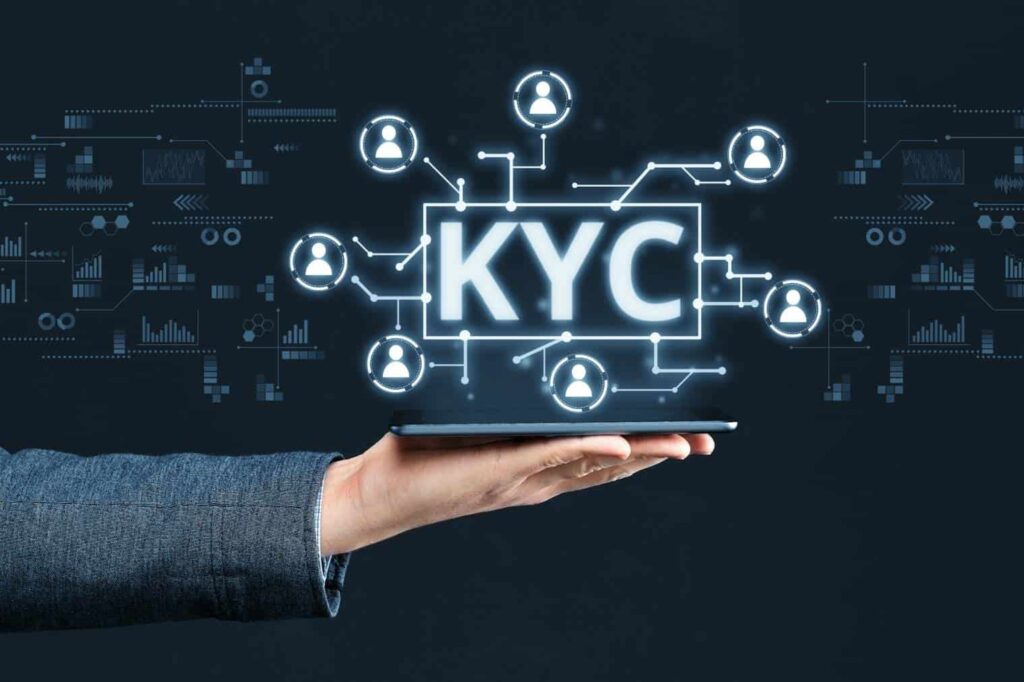Offshore banking has become increasingly popular in recent years, with many individuals and businesses seeking to take advantage of the benefits offered by offshore accounts. However, one of the challenges of opening an offshore account is meeting the Know Your Customer requirements along with the several lists of documents requested by most if not all banks and electronic money institutions, which can be quite strict.
In this article, we will explore the various KYC requirements and documentation that are typically needed when opening an offshore account. We will also provide you with some tips on how to meet these requirements and ensure that your offshore account is opened as quickly and smoothly as possible.
KYC Requirements for Offshore Banking
KYC also known as Know Your Customer is a set of guidelines currently used by financial institutions to identify and verify the identity of their customers. These guidelines are designed to prevent money laundering, terrorism financing, and other forms of financial crime. The KYC requirements for offshore banking are typically more stringent than those for domestic accounts. Keep in mind that banks and electronic money institutions(EMI) are not in business to drive you crazy. They are willing to do business and work with individuals, entrepreneurs, and businesses. The better you understand and comply with these mandatory checks (KYC and AML regulations) the smoother and faster a bank will open your account.
Some of the common KYC requirements for offshore banking include:
- Proof of identity: This can be a passport, national identity card, or driver’s license. In some cases, the bank may require additional documentation to verify your identity, such as a utility bill or a bank statement.
- Proof of address: This can be a utility bill, bank statement, or other document that shows your current address. The bank may also require additional documentation to verify your address, such as a lease agreement or a property deed.
- Source of funds: The bank will want to know where the money you are depositing into your offshore account is coming from. This is to ensure that the funds are not the proceeds of criminal activity. You may need to provide documentation, such as tax returns, business financial statements, or bank statements, to prove the source of your funds.
- References: Some offshore banks may require references from other financial institutions or individuals who can vouch for your financial stability and credibility

Documentation and References Required for Offshore Banking
In addition to the KYC requirements, offshore banks may also require additional documentation and references before they will open an account for you. Some of the common documentation and references that may be required include:
- Bank references: Many offshore banks will require references from your current or previous banks. These references should confirm your financial stability, creditworthiness, and good standing.
- Professional references: Some offshore banks may also require references from your accountant, lawyer, or other professional advisors. These references should confirm your professional standing and credibility.
- Business references: If you are opening an offshore account for a business, the bank may require references from other businesses that you have worked with or from suppliers, customers, or other stakeholders.
Tips for Metting KYC Requirements and Opening an Offshore Account
Meeting the KYC requirements and providing the necessary documentation and references can be a time-consuming process. However, there are some steps you can take to streamline the process and ensure that your offshore account is opened as quickly and smoothly as possible. These include:
- Choose a reputable offshore bank: Not all offshore banks are created equal. It is important to choose a bank that is well-established, reputable, and has a good track record of working with international clients.
- Be prepared: Before you start the account opening process, make sure you have all the necessary documentation and references. This will help to speed up the process and minimize delays.
- Be honest: It is important to be transparent with the bank about your financial situation, the sources of your funds, and any other relevant information. Shall you hide important information the bank may decide to freeze your account or worth later on.
Conclusion
Opening an offshore account can be a great way to diversify your assets and take advantage of the many benefits that come with offshore banking. However, the KYC requirements and documentation can be a bit daunting. By understanding the requirements, preparing the necessary documentation and references, and working with a reputable offshore bank, you can streamline the account opening process and ensure that your offshore account is opened as quickly and smoothly as possible.
If you ever have any pending questions or require assistance on KYC and AML banking procedures, do not hesitate to book a free consultation with our team now.
Disclaimer
Widelia and its affiliates do not provide tax, investment, legal or accounting advice. Material on this page has been prepared for informational purposes only, and is not intended to provide, and should not be relied on for, tax, investment, legal or accounting advice. You should consult your own tax, legal and accounting advisors before engaging in any transaction. Please consult https://widelia.com/disclaimer/ for more information.









